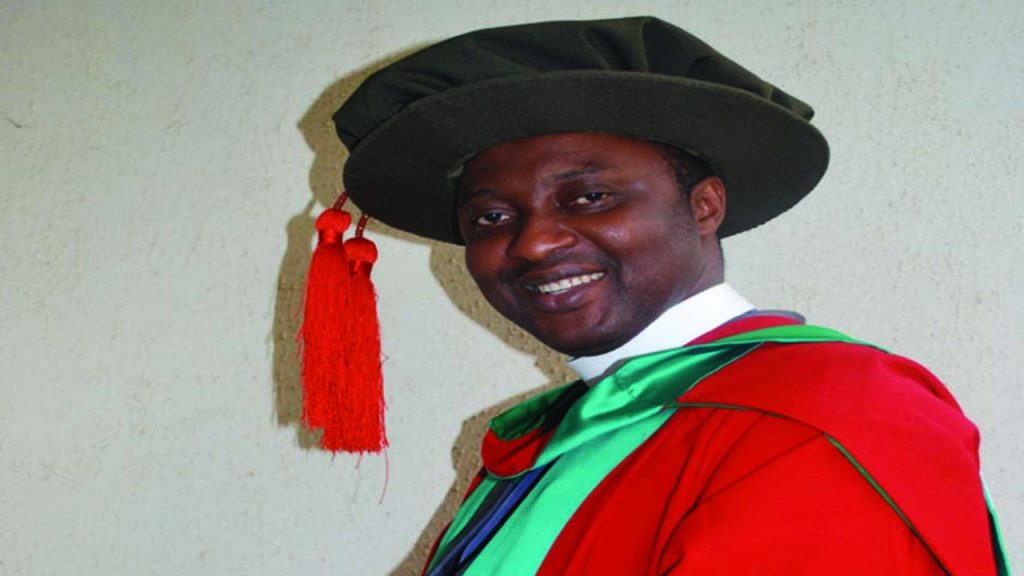Today, Trinity Sunday is the only feast day of the church that is devoted to a doctrine and not to an event or person, or story. Trinity, as Christian doctrine, is the affirmation that God is in three persons but at the same time, of one and same substance. It is the index, clue, reflection and expression of the mystery of the Christian belief and practice.
Christianity has the unique belief that the one God has disclosed Himself eternally as Father, Son and Holy Spirit. Christians are baptised to the Faith in this triune God, following an explicit and the last command of the Risen Lord Jesus Christ (before His ascension) to “Go, therefore, and make disciples of all nations, baptising them in the name of the Father, and of the Son, and of the Holy Spirit” (Matt. 28:19).
This phrase from the Lord Jesus Christ, “In the name of the Father, and of the Son, and of the Holy Spirit” is known as the Trinitarian formula. It is mostly followed by an “Amen,” obviously, being a prayer or invocation of the one in three God. It is very familiar to most Christians and captures and contains the raw materials for the doctrine of the Trinity. The “name” is in singular, indicating a reference to one entity, yet there is a distinction between the Father, and the Son, and the Holy Spirit, meaning a simultaneously singular and plural God (Complex Monotheism). This is the mystery, that God is one, and at the same time, in three persons, the Father, the Son and the Holy Spirit. Each Person of the Godhead is known and appreciated in the specific role He played in our salvation (Creation, Redemption and Sanctification, respectively). It should, however, be noted that God did not become three persons in order to save man or stopped being three persons after the salvation of man. God has been in three persons in all eternity (The Father is eternal, the Son eternal and the Holy Spirit, eternal).
The Christian faith is a traditional faith (1Cor. 11:2; 15:3; Gal 1:6-10). It is a received body of belief, which we also need to transmit. The Christian faith is actually derived from God (1Cor. 11:23), and since God does not change, it also does not change. Christians, therefore, are not the originators and indeed, are not at liberty to devise or choose what to believe. We should therefore do our best to link ourselves with the early Christian tradition. The teaching ministry of the church is most fundamental to the Christian faith and must be warmly embraced by Christians. The concept of Trinity is what makes the essential difference between Christianity and other religions.
As we are baptised, so we are Christians, in the name of the Father, and of the Son, and of the Holy Spirit. Amen.
The Ven. Dr Princewill Onyinyechukwu Ireoba is the Rector, Ibru International Ecumenical Centre, Agbarha-Otor, Delta State.

